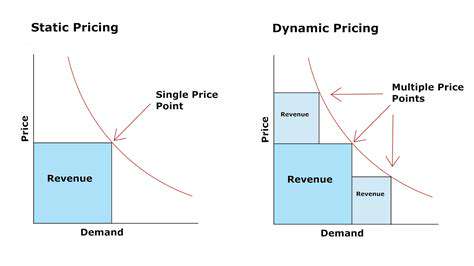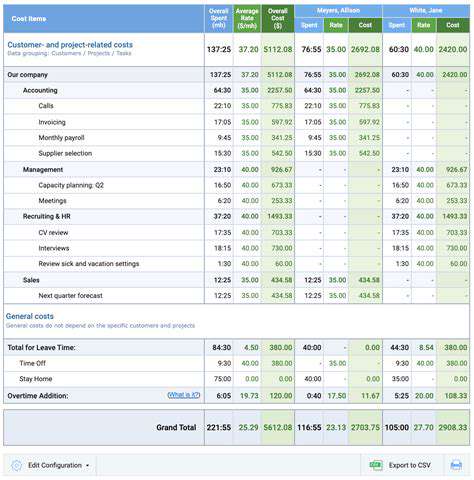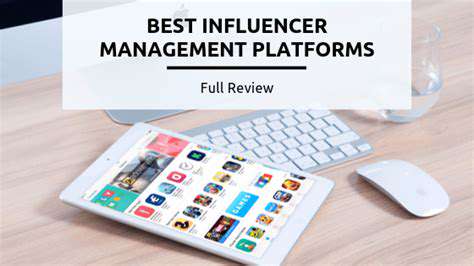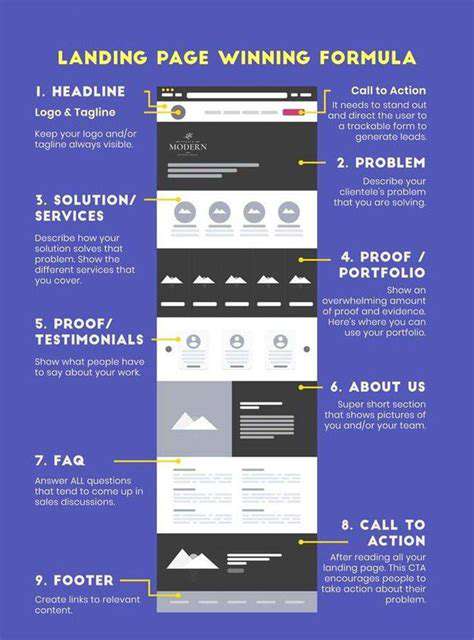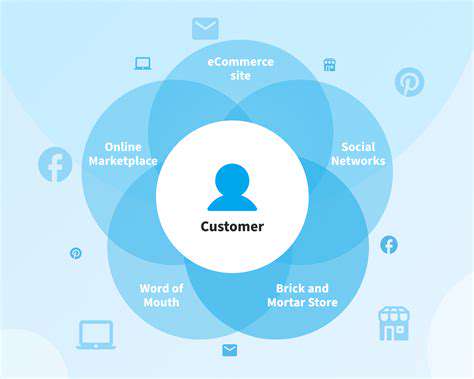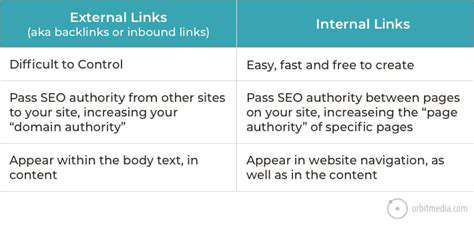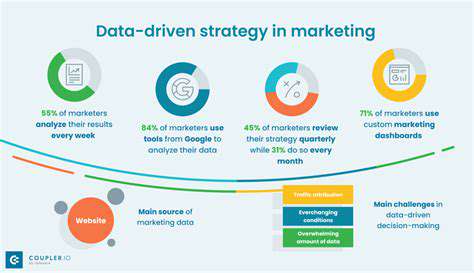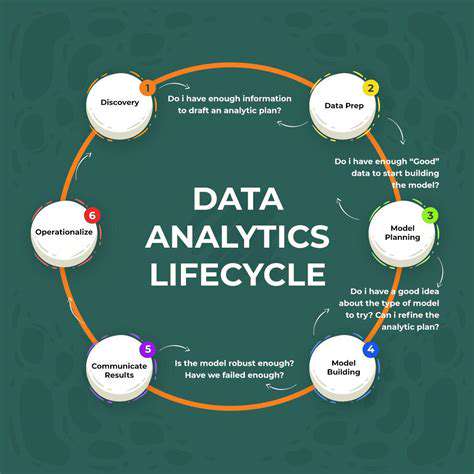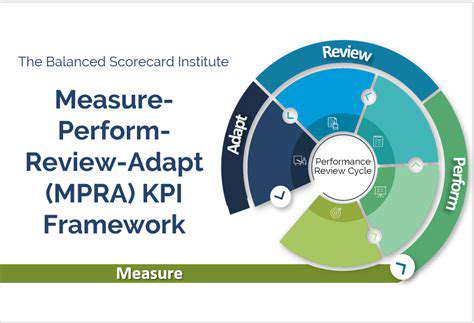AI for Lead Scoring and Nurturing
Early Stages: Manual Lead Management
Back in the early days, managing leads was a painstakingly manual affair. Sales teams drowned in paperwork, spreadsheets, and endless phone calls just to keep track of potential customers. Imagine spending hours inputting data, sorting through leads, and chasing each one individually. While this method worked when business was simpler, it quickly became a nightmare as companies grew and leads multiplied. Without automation, tracking progress and spotting high-conversion leads was like finding a needle in a haystack.
These manual systems couldn't effectively categorize leads, leaving sales reps to rely on gut feelings to judge quality and conversion potential. This inconsistency often led to missed opportunities. The sheer volume of data created bottlenecks, slowing down sales and hurting revenue.
The Rise of CRM Systems
Then came Customer Relationship Management (CRM) systems, a game-changer for lead management. CRMs centralized customer data, making it easier to track interactions, log communications, and categorize leads. Automated workflows took over repetitive tasks, letting sales teams focus on high-value conversations. This was a huge leap forward, but it still had flaws.
CRMs still depended on humans for lead scoring and qualification, meaning high-potential leads could slip through the cracks. Without advanced analytics, spotting trends in lead data was tough, limiting sales optimization.
The AI Era: Intelligent Lead Scoring
Now, Artificial Intelligence (AI) is transforming lead management with predictive scoring. AI analyzes mountains of data—demographics, behavior, interactions—to create models that pinpoint which leads are most likely to convert. This precision lets sales teams focus on the best prospects, boosting close rates.
AI spots patterns humans can't, enabling hyper-targeted segmentation and personalized outreach. The result? Higher conversions, happier customers, and a leaner, more effective sales funnel that drives revenue.
AI-Powered Lead Scoring: Identifying the Gold Nuggets

Understanding Lead Scoring
Lead scoring, a cornerstone of marketing automation, assigns values to potential customers based on their traits and actions. This helps prioritize leads, directing effort toward those most likely to buy. Done right, it streamlines sales and lifts conversion rates—essential for any business. Effective scoring weighs demographics, engagement, and website activity.
By defining what makes a high-quality lead, companies can build scoring systems that spotlight top prospects, ensuring sales teams work smarter, not harder.
Factors Influencing Lead Score
Scores hinge on multiple factors. Demographics like location and industry offer initial clues. Engagement—website visits, email opens, downloads—plays a huge role. The more a lead interacts, the hotter they become. Past purchases (if available) add another layer, revealing patterns and future potential.
Implementing AI in Lead Scoring
AI is revolutionizing lead scoring by automating and refining the process. It crunches data on interactions, demographics, and history to create sharper scoring models. This lets sales teams zero in on the ripest opportunities with surgical precision.
AI detects patterns invisible to humans, and with machine learning, it constantly improves its models, staying ahead of shifting customer behaviors.
Benefits of AI-Powered Lead Scoring
AI-driven scoring slashes manual work, freeing teams for strategic tasks. Better lead prioritization means smoother sales and higher conversions. By focusing on qualified leads, businesses see stronger ROI and more efficient resource use.
Challenges and Considerations
AI scoring isn't without hurdles. Garbage in, garbage out—poor data cripples results. Understanding which data points matter is key, as is training models to minimize errors. Ethics and compliance with privacy laws can't be overlooked.
Measuring and Optimizing Results
Track metrics like conversion rates, acquisition costs, and sales cycle length to gauge success. Regular tweaks keep the system aligned with goals. Continuous improvement maximizes ROI, turning lead scoring into a revenue engine.

Beyond the Basics: Integrating AI into Your Sales Funnel
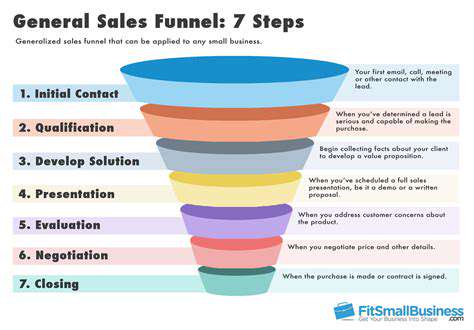
Harnessing AI for Enhanced Efficiency
AI tools turbocharge workflows by automating grunt work, freeing humans for big-picture thinking. This efficiency gains time and cuts costs, lifting profits. Beyond automation, AI predicts and prevents issues, reducing downtime and building resilience.
Customizing AI Solutions for Specific Needs
AI's flexibility lets you tailor it to departmental needs. Collaboration between AI experts and end-users ensures solutions fit like a glove, boosting adoption and impact.
Data Security and Privacy in AI Integration
With great data comes great responsibility. Encryption, access controls, and audits are non-negotiable. Transparency and accountability keep AI ethical and compliant. Skimping here risks reputation and legal fallout.
The Role of Human Oversight in AI Implementation
AI enhances, doesn't replace, human judgment. Think of it as a superpower for employees, not their successor. Regular check-ins ensure AI stays on mission and adapts to change.
Future Trends and Challenges in AI Integration
AI evolves fast—staying current is critical. Bias is a persistent challenge; proactive measures ensure fair, inclusive outcomes. Ignoring bias risks alienating customers and damaging trust.
Read more about AI for Lead Scoring and Nurturing
Hot Recommendations
- Personalizing Email Content with User Behavior
- Geofencing for Event Attendance Tracking
- Reputation Management on Social Media
- UGC Beyond Photos: Videos, Testimonials, and More
- The Future of Data Privacy Regulations
- Accelerated Mobile Pages (AMP) Benefits and Implementation
- The Future of CRM: AI and Voice Integration
- Google Ads Smart Bidding Strategies: Maximize Value
- Common A/B Testing Pitfalls to Avoid
- Local SEO Strategies for Small Businesses

